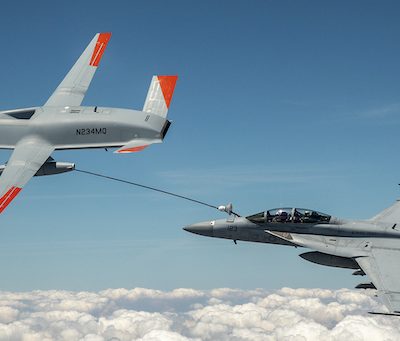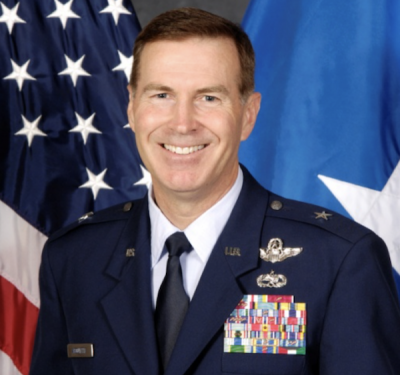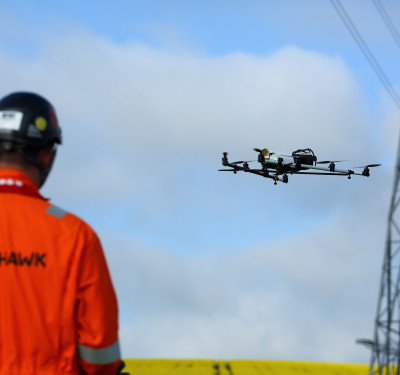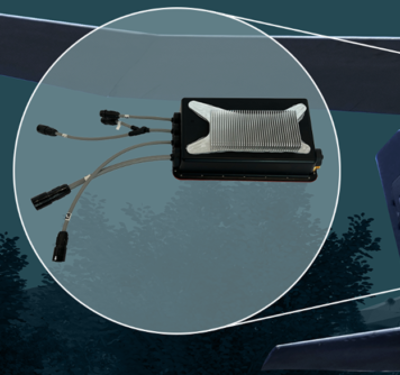The report was put together by the Expert Panel on Technology and Innovation in U.N. peacekeeping. The panel was led by former U.S. deputy secretary for Homeland Security and senior U.N. peacekeeping official Jane Holl Lute, who spoke to reporters earlier this week about the panel’s recommendation to significantly expand the use of unmanned surveillance drones in U.N. military operations, according to a Reuters article.
This was one of 119 recommendations outlined in the report.
“We make a very strong recommendation that drones, or the capacity for aerial visualization, is a capacity every mission should have with very few exceptions,” Lute told reporters, according to the article.
The report was prepared for the U.N. departments of peacekeeping and field support, according to the article, and was discussed with U.N. troop contributing countries. Most reacted favorably, though some nations did raise concerns about how the information gathered by UAVs would be shared and stored.
Lute said the panel recommends that the U.N. would own the information gathered by drones, according to the article, and that there would be strict procedures and rules that would cover the use of drones and any images received from them.
In the report, the panel put together an “Exploding Myths” section that outlined certain myths and realities in the use of advanced technologies for peacekeeping missions—including UAVs. While also urging transparency, the report makes it clear the U.N. sees a significant value in using drones to engage in peacekeeping missions.
“Unmanned aerial systems or vehicles (UAS or UAVs), more commonly known as drones, do certainly represent a part of the update equation that can bring decided advantages to a peacekeeping operation in the areas of safety, security, situational awareness, and command and control,” according to the report.
The report also says that “while UAS do give dramatically greater visibility into a mission area, they can hardly be considered more intrusive than the mission itself. Indeed, UAS represent the kind of technology that no mission should do without, except under specifically defined political circumstances. They are simply too useful a tool to pretend otherwise.”






